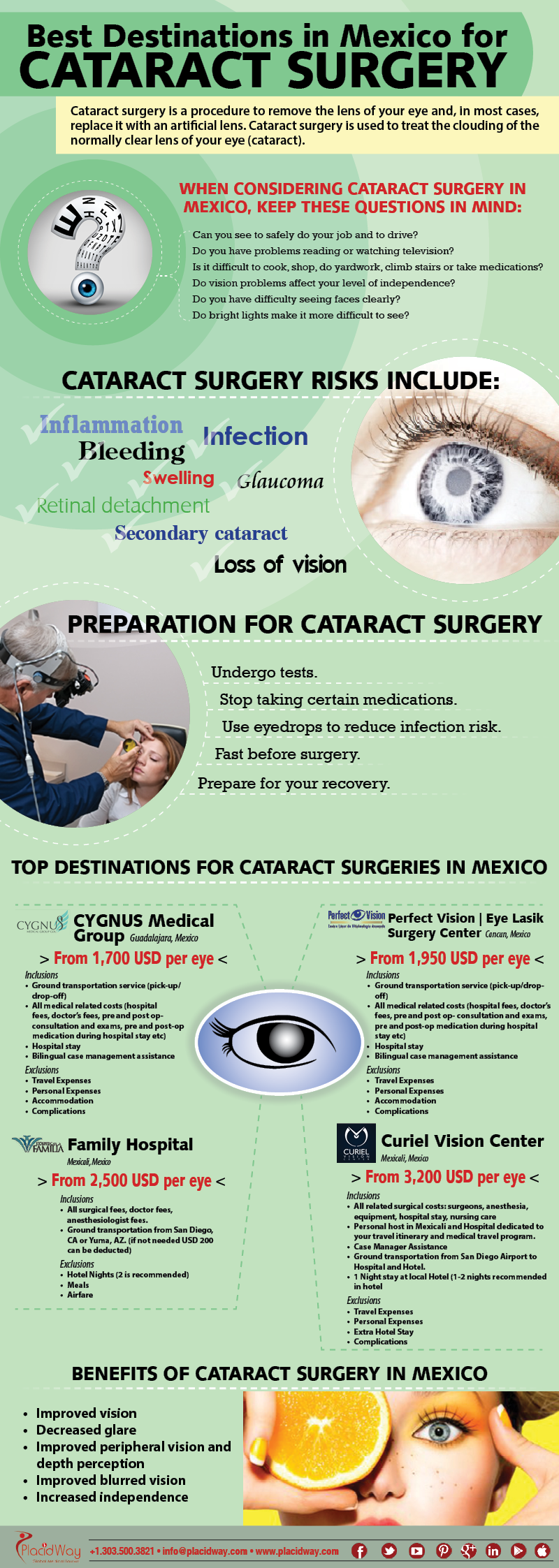The Conclusive FAQ On Refractive Lens Exchange: Trick Insights You Need To Recognize
The Conclusive FAQ On Refractive Lens Exchange: Trick Insights You Need To Recognize
Blog Article
Created By-Valencia Goldstein
If you're thinking about refractive lens exchange, you probably have a great deal of inquiries. mouse click the following article could change exactly how you see the world, providing benefits like reduced dependancy on glasses. However, it's necessary to recognize the process, dangers, and that certifies as an excellent prospect. Let's discover After Cataract Surgery Glasses so you can make an educated choice about whether RLE is right for you.
What Is Refractive Lens Exchange and Just How Does It Work?
Refractive lens exchange (RLE) is a surgery made to change your eye's all-natural lens with a man-made one, dealing with vision issues like nearsightedness, farsightedness, or presbyopia.
Throughout the procedure, your cosmetic surgeon makes a small laceration in the eye, removes your all-natural lens, and inserts an intraocular lens (IOL) customized to your vision requires. This outpatient surgery normally takes around 15 to 30 minutes per eye and is carried out under neighborhood anesthetic.
You'll likely notice renovations in your vision virtually right away, though total recovery may take a couple of weeks. RLE is especially beneficial for those over 40 or with high prescriptions, using a durable option compared to glasses or call lenses.
Your eye care professional can help establish if RLE is right for you.
What Are the Benefits and Dangers of Refractive Lens Exchange?
Selecting refractive lens exchange can result in considerable renovations in your vision, but it is necessary to consider both the benefits and risks prior to deciding.
On the plus side, this treatment can enhance your eyesight by fixing issues like presbyopia, myopia, and hyperopia. Several people take pleasure in minimized reliance on glasses or get in touch with lenses, which can substantially boost their quality of life.
Nonetheless, it's essential to think about prospective dangers. Problems can include infection, glare, or halos around lights.
There's likewise a chance of overcorrection or undercorrection, which might call for added procedures.
Who Is an Ideal Candidate for Refractive Lens Exchange?
If you're taking into consideration refractive lens exchange, it's important to understand whether you fit the account of an optimal prospect. Normally, you might be a great candidate if you more than 40, experience presbyopia, or have high degrees of nearsightedness or farsightedness.
It's also vital that your vision is steady, suggesting your prescription hasn't altered significantly in the past year. If you have cataracts or other eye problems, you could gain from this treatment also.
Nevertheless, particular aspects, like unchecked diabetic issues or autoimmune diseases, can disqualify you. To establish your candidateship, talk to an eye treatment expert who can review your details circumstance and recommend the most effective strategy customized to your demands.
Verdict
To conclude, refractive lens exchange can be a transformative alternative for enhancing your vision, particularly if you're over 40 or have a high prescription. While the benefits are considerable, it's important to evaluate the threats and consult with your eye care specialist to determine if you're a suitable prospect. With the right details and guidance, you can make a notified decision and potentially enjoy a life with lowered reliance on glasses.
